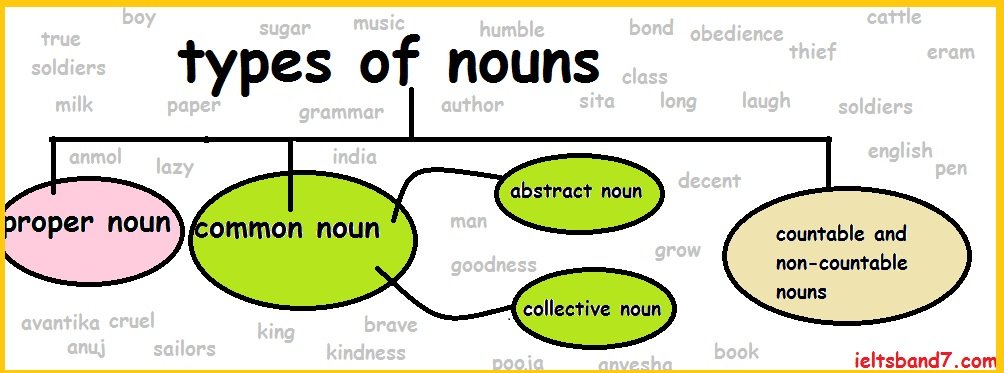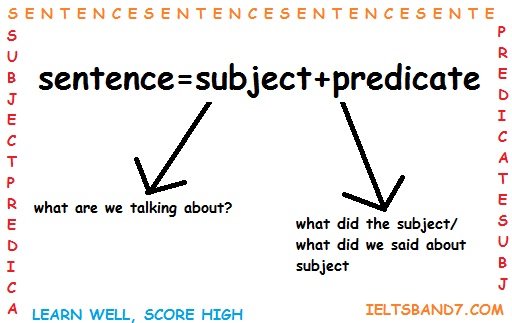Let’s Talk Family # Discussion Topic
Family is one of the most common topic that is asked in IELTS. Although, they often ask it in the part I of speaking section, questions related to it even get asked in the discussion topic.
Let’s have a look at some of them.
- What are some of the ways in which family members can be similar to each other?
- Although every individual is unique, there are some characteristics that they do inherit from their family members. Usually, family members are alike in their physical appearances. For example-: children look like their parents in their facial expressions, type of color, height etc. some of them even inherit character and behavior from their parents.
- It is often seen that daughters are more similar to their mothers rather than to other male relatives. Do you agree. disagree?
- We cannot say about every individual, as all of them are unique. There are girls who look like their father or other male relative. These include facial features, hair, color, heights etc. however, mostly girls do resemble their mother in physical appearances.
- Do you think people are more influenced by their family or friends and in what ways?
- Most people spend their growing years with their family and it is during these years that the personality of an individual is formed. Even after that people usually spend a lot of time with their family members. However, recently it has been seen that people were influenced by their friends. This happens often when individuals spend more time with their friends than family. Rather, I believe that it is the ones with whom we spend more of our times and trust more, have influence on our personality.


